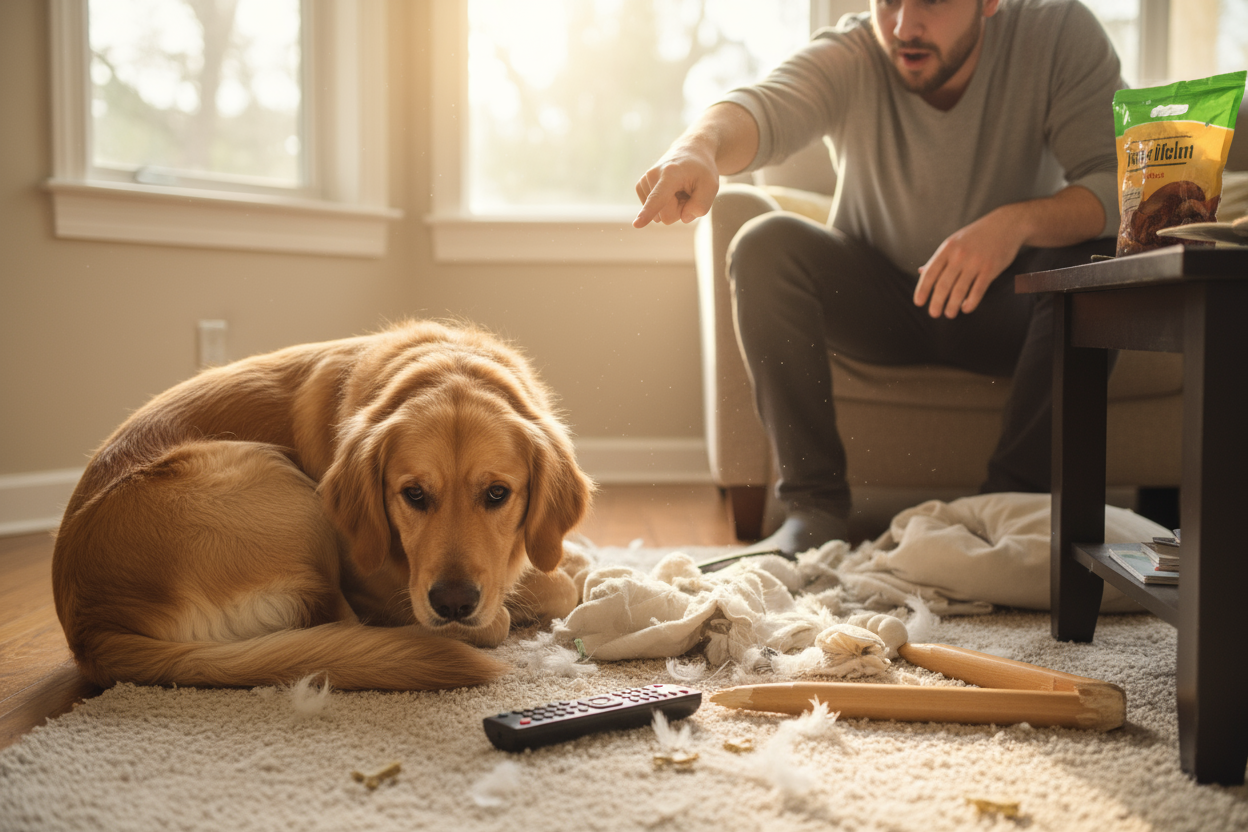Creating a Stress-Free Vet Appointment for Your Dog
Taking your dog to the veterinarian can sometimes be a nerve-wracking experience for both you and your pet. However, with a few proactive measures, you can help alleviate stress and ensure a smoother visit for your canine companion.
Advocate for Your Dog:
Your dog relies on you to be their voice, especially in unfamiliar or potentially stressful situations like vet visits. Pay close attention to your dog's body language and behavior, and don't hesitate to advocate for their comfort and well-being. If you sense any signs of distress, communicate this to the veterinary team promptly.
Ask for Everything to Be Done in Front of You:
Transparency is key in building trust between you, your pet, and the veterinary team. Request that all procedures and examinations be conducted in your presence whenever possible. Being by your dog's side provides reassurance and support, helping to minimize anxiety during the appointment.
The Use of Medicine to Reduce Stress:
In some cases, medication may be prescribed to help calm your dog's nerves before or during the vet visit. Discuss with your veterinarian the option of using medications or supplements specifically designed to reduce stress in dogs. These can help take the edge off and make the experience more tolerable for your pet.
Basket Muzzles Over Nylon Muzzles:
When muzzles are necessary, opt for basket muzzles over nylon ones. Nylon muzzles can restrict a dog's ability to pant, which is essential for regulating body temperature and alleviating stress. Basket muzzles allow your dog to pant, drink water, and take treats, making them a safer and more humane choice during vet appointments. Ideally, bring your own muzzle that you have acclimated your dog to feel comfortable wearing.
Request a Fear-Free Approach:
Fear-free practices prioritize minimizing stress and anxiety for pets during veterinary visits. Ask your vet to adopt a fear-free approach, which may include gentle handling techniques, offering treats, and creating a calm environment. This approach helps to build positive associations with the vet clinic and reduces your dog's fear and anxiety.
Communicate and Adjust as Needed:
If your dog becomes stressed or anxious during the appointment, don't hesitate to speak up. Politely ask the veterinary team to pause and collaborate with you to come up with an alternative plan. Your input is essential in ensuring a positive experience for your dog.
Benefits of a Stress-Free Visit:
By minimizing stress during vet appointments, you not only ensure a more pleasant experience for your dog but also allow the veterinarian to conduct a mor comprehensive examination. A relaxed dog is more likely to cooperate during the exam, enabling the vet to detect and address any health issues earlier.
In summary, by advocating for your dog, being present during procedures, considering stress-reducing medication when necessary, choosing appropriate muzzles, advocating for a fear-free approach, and communicating openly with the veterinary team, you can make vet appointments a less stressful and more beneficial experience for your beloved pet. Remember, your proactive efforts can contribute to your dog's overall well-being and longevity.
If your dog is struggling with vet visits, seek guidance from a dog behaviorist, veterinary behaviorist or a veterinary behavior practitioner.
https://www.fearfreehappyhomes.com/kit/fear-free-vet-visits/
Amanda Hall-Phillips, DVM
Veterinary Behavior Practitioner serving Valdosta, GA, Thomasville GA, Tifton GA and Tallahassee FL
Amanda Hall-Phillips, DVM
Veterinary Behavior Practitioner serving Valdosta, GA, Thomasville GA, Tifton GA and Tallahassee FL



